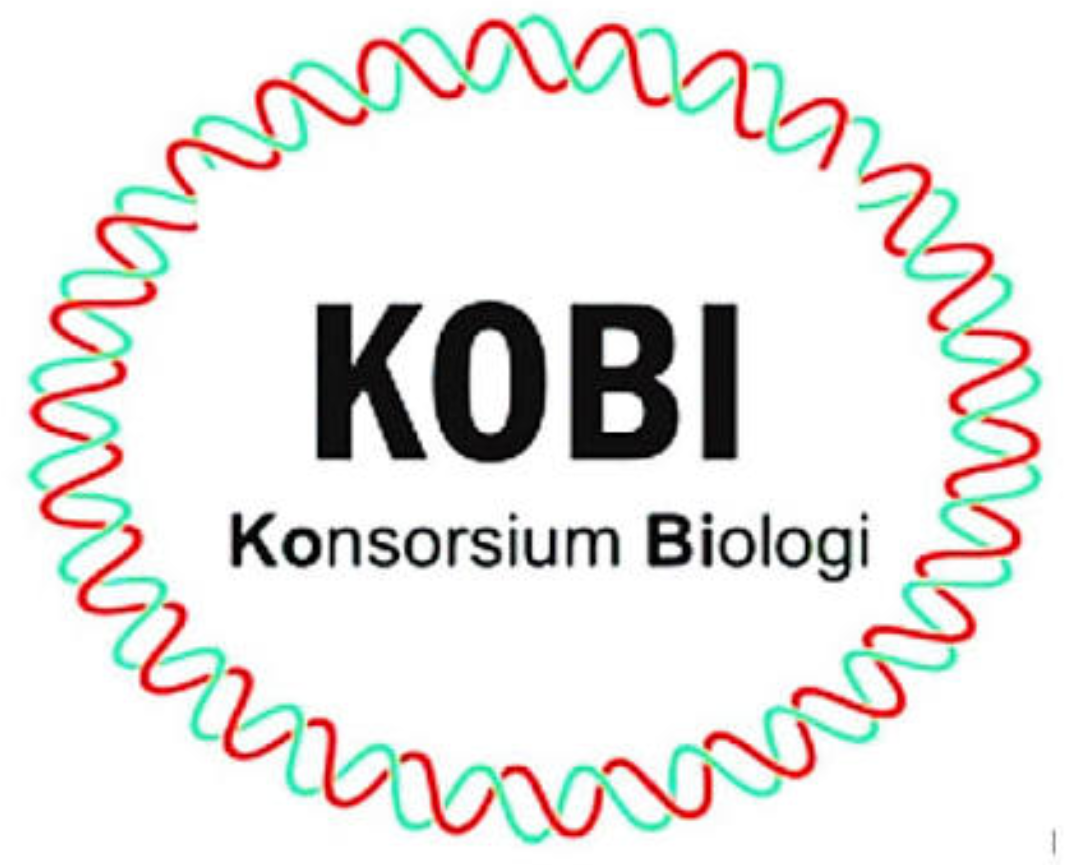Title:
A Development of Biodiversity Module Based on Socioscientific Issues and Local Potential for Department Students of IKIP PGRI Pontianak
Author:
Abstract
This study aims to investigate: (1) The feasibility of biodiversity module based on Socioscientific issues and local potential according to the expert of material and the expert of media; (2) The students learning outcomes or achievements after using the biodiversity module based on Socioscientific issues and local potential. The method used in this study is a research and development (R & D) method with Hannafin and Peck's model. The subject of this study is the third-semester students of Mathematics Education Department of IKIP PGRI Pontianak who take the General Biology lesson in the academic year 2018/2019 that consist of one class, namely Class A Afternoon. The technique of collecting data used in this study is an indirect communication technique with the data collection tool in the form of a validation questionnaire and a test to gain the data of students learning achievement. The result of this study are: (1) The biodiversity module based on Socioscientific issues and local potential that is developed and worthy to be used with the indexed percentage of 75.91%; (2) Students learning achievement after using the biodiversity module based on Socioscientific issues and local potential that is developed is increasing with the normalized gain value of 0.6 that belongs to the medium category.
Keywords
Full Text:
PDFReferences
Anagun, S. S., & Ozden, M. (2010). Teacher candidates’ perceptions regarding socio-scientific issues and their competencies in using socio-scientific issues in science and technology instruction. Procedia-Social and Behavioral Sciences, 9, 981-985.
Aulia, F., Zulhendra, M., & Jaya, P. (2014). Pengaruh penggunaan modul pada model pembelajaran kooperatif tipe student team achievement divisions terhadap hasil belajar siswa pada mata pelajaran keterampilan komputer dan pengelolaan informasi di smk negeri 2 bukittinggi. Jurnal Vokasional Teknik Elektronika & Informatika, 2(1).
Hake, R. R. (1999). Analyzing change/gain scores. Unpublished.[online] URL: http://www. physics. indiana. edu/~ sdi/AnalyzingChange-Gain. pdf.
Herlanti, Y., et.al. (2012). Kualitas Argumentasi Pada Diskusi Isu Sosiointifik Mikrobiologi Melalui Weblog: Journal Pendidikan IPA Indonesia. Vol. 1 (2): 168-177.
Howard, D. R., & Miskowski, J. A. (2005). Using a module-based laboratory to incorporate inquiry into a large cell biology course. Cell Biology Education, 4(3), 249-260.
Lasmiyati dan Harta. 2014. Pengembangan Modul Pembelajaran untuk Meningkatkan Pemahaman Konsep dan Minat SMP. Jurnal Pendidikan Matematika. Vol. 9 (2): 161-174)
Mumpuni, K. E. (2013, October). Potensi pendidikan keunggulan lokal berbasis karakter dalam pembelajaran biologi di indonesia. In Prosiding Seminar Biologi (Vol. 10, No. 2).
Mumpuni, 2015. Potensi Pendidikan Keunggulan Lokal Berbasis Karakter Dalam Pembelajaran Biologi Di Indonesia. ProsidingSeminar Nasional X Pendidikan Biologi FKIP UNS
Novianty, I., Oktavia, S., & Neena, Z. (2013). Efektivitas Penerapan Modul Materi Analisis Elektrokimia Berbasis Inkuiri Terbimbing Terhadap Hasil Belajar Dan Persepsi Siswa Kelas Xi Semester 1 Kompetensi Keahlian Kimia Analisis Smkn 7 Malang. Universitas Negeri Malang: jurnal-online. um. ac. id.
Nurhidayah, R., Irwandi, D., & Saridewi, N. (2015). Pengembangan modul berbasis inkuiri terbimbing pada materi larutan elektrolit dan non-elektrolit. EDUSAINS, 7(1), 36-47.
Peniati, E. (2012). Pengembangan Modul Mata Kuliah Strategi Belajar Mengajar IPA Berbasis Hasil Penelitian Pembelajaran. Jurnal Pendidikan IPA Indonesia, 1(1).
Peraturan Menteri Pendidikan Nasional (Permendiknas) Nomor 22 Tahun 2006 tentangStandar Isi. Jakarta: Depdiknas.
Rustaman, N., Dirdjosoemarto, S., Yudianto, S. A., Achmad, Y., Subekti, R., Rochintaniawati, D., & Nurjhani, M. (2005). Strategi belajar mengajar biologi.
Settele, J., Hammen, V., Hulme, P., Karlson, U., Klotz, S., Kotarac, M., ... & Peterson, K. (2005). ALARM: Assessing LArge-scale environmental Risks for biodiversity with tested Methods. Gaia-Ecological Perspectives for Science and Society, 14(1), 69-72.
Sugiyono. 2014. Metode Penelitian. Bandung: Alfabeta.
Sugiyono. 2016. Metode Penelitian dan Pengembangan. Bandung: Alfabeta.
Susilo, H. 2001. Pembelajaran Kontekstual Untuk Meningkatkan Pemahaman Siswa. Makalah Disajikan pada Seminar Pembelajaran dengan Filosofi Kontruktivisme di Jombang, tanggal 2 September 2001.
Suratsih, M. S., & Suhandoyo, Y. W. (2010). Pengembangan Modul Pembelajaran Biologi Berbasis Potensi Lokal Dalam Kerangka Implementasi KTSP SMA Di Yogyakarta. Laporan Hasil Penelitian Unggulan UNY Tahun Anggaran.
Tegeh, I. Made dkk.(2014) Model Penelitian Pengembangan. Singaraja: Graha Ilmu.
Tanner, K., & Allen, D. (2004). Approaches to biology teaching and learning: from assays to assessments—on collecting evidence in science teaching. Cell Biology Education, 3(2), 69-74.
Undang-Undang, R. I. (2003). no. 20 tahun 2003 tentang Sistem Pendidikan Nasional. Bandung: Citra Umbara.
DOI: https://doi.org/10.31002/ijobe.v2i2.2005
Article Metrics
Abstract view : 160 timesPDF - 0 times
Cited By
Refbacks
- There are currently no refbacks.
Copyright (c) 2019 Indonesian Journal of Biology Education

This work is licensed under a Creative Commons Attribution-NonCommercial-ShareAlike 4.0 International License.

This work is licensed under a Creative Commons Attribution-NonCommercial-ShareAlike 4.0 International License.
indexed by :
Jalan Kapten Suparman 39 Magelang, Jawa Tengah, Indonesia 56116
Phone (0293) 364113 Fax (0293) 362438
Website: http://jurnal.untidar.ac.id/index.php/ijobe









 Abstract views : 160
|
Abstract views : 160
| PDF views : 0
PDF views : 0

